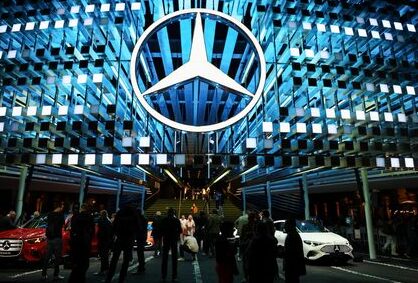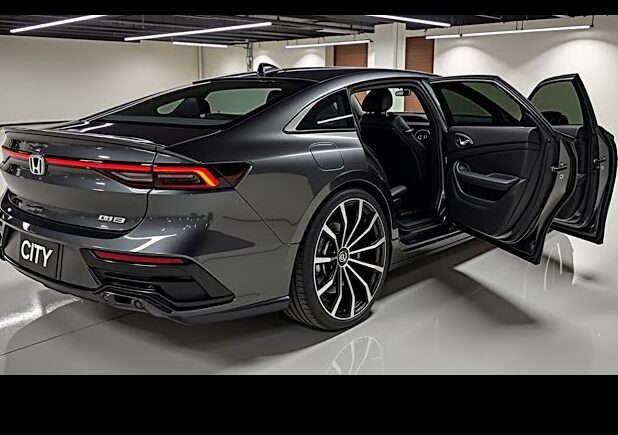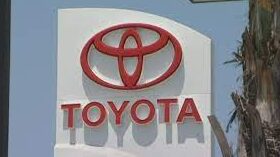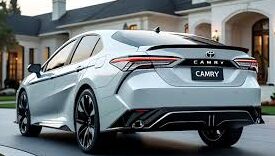Beneath the dazzling lights and futuristic prototypes at Europe’s biggest auto show, industry leaders admit a harsh reality: the good times are ending.
Sales in China, the world’s largest car market, are shrinking. Profits are falling. Demand in Europe is weak. On top of that, U.S. tariffs add more uncertainty. Carmakers that once thrived are now focused on cutting costs and rethinking strategies.
“The party we have been celebrating in the auto industry for decades is over in its current form,” Volkswagen and Porsche CEO Oliver Blume told reporters in Munich. “Now it is about restructuring.”
The sector faces mounting pressure. Europe’s 2035 ban on combustion engines is looming, with many automakers doubting they can meet the deadline. At the same time, Chinese electric vehicle makers are flooding the market with cheaper models, stealing ground from established European brands.
Volkswagen, Mercedes-Benz, BMW, Porsche, and Renault showcased everything from entry-level EVs to luxury SUVs at the IAA Mobility show in Munich, hoping to prove they can still compete.
Consulting firm McKinsey estimates European carmakers plan to launch 350 new electric models by 2032, just before the EU ban takes effect. But Germany’s automakers remain critical of the plan. “The next few years will be the years of truth,” said McKinsey partner Patrick Schaufuss. He warned that European companies must speed up product development to keep pace with China.
A brutal price war
Porsche has been hit especially hard, with sales in China down nearly 28 percent in the first half of the year. The company is adjusting its dealership network and lowering long-term profit expectations. “The Chinese luxury market is gone,” Blume admitted, adding that Volkswagen is now betting heavily on the U.S., where it hopes government incentives will help.
BMW is pinning hopes on its new iX3 model to revive growth in China. Sales chief Jochen Goller said the company is watching a “brutal price war” in the market as it prepares for the next model launch in 2026.
Mercedes-Benz is also cutting billions in costs while preparing to roll out 40 new models by 2027. Its all-electric GLC will be key to regaining market share in China, but CEO Ola Källenius warned that competition there will remain fierce.
Renault, which pulled out of the Chinese market five years ago, is shifting focus to affordability. The French carmaker plans cheaper EV batteries and shorter development cycles, strategies that have fueled China’s rapid expansion. “Our Chinese competitors are the best in class,” said Renault CEO François Provost. “We use them as a benchmark.”






